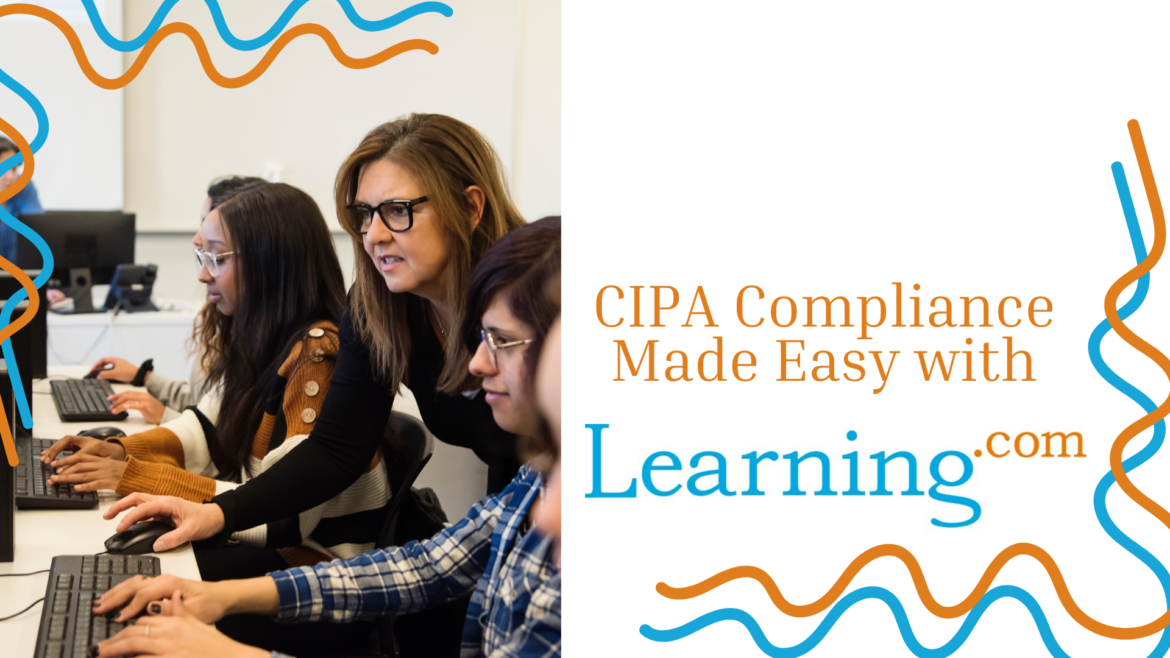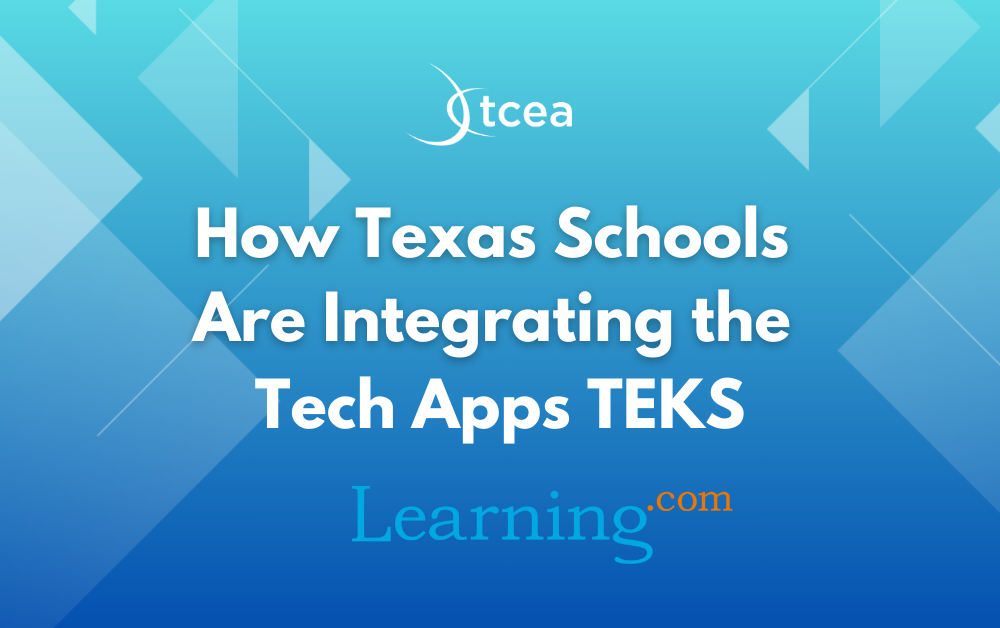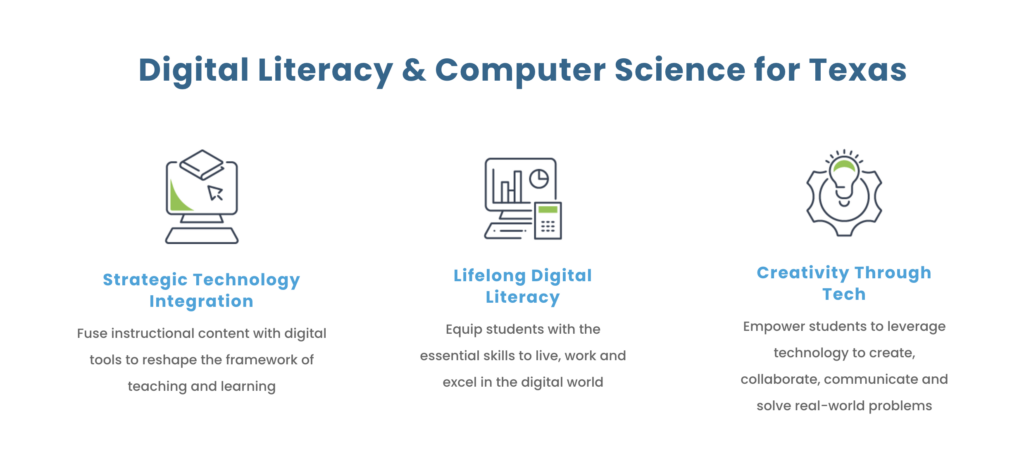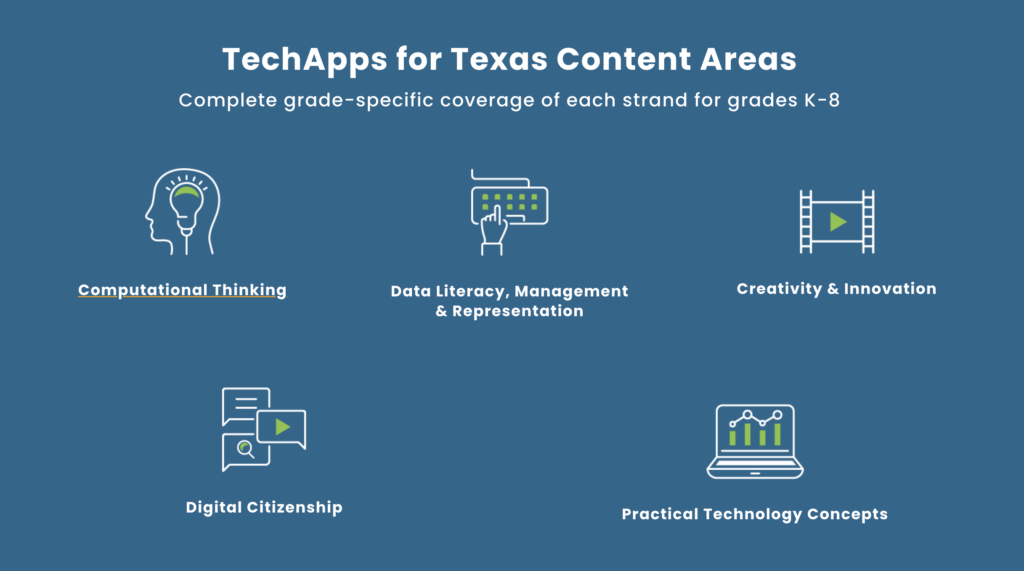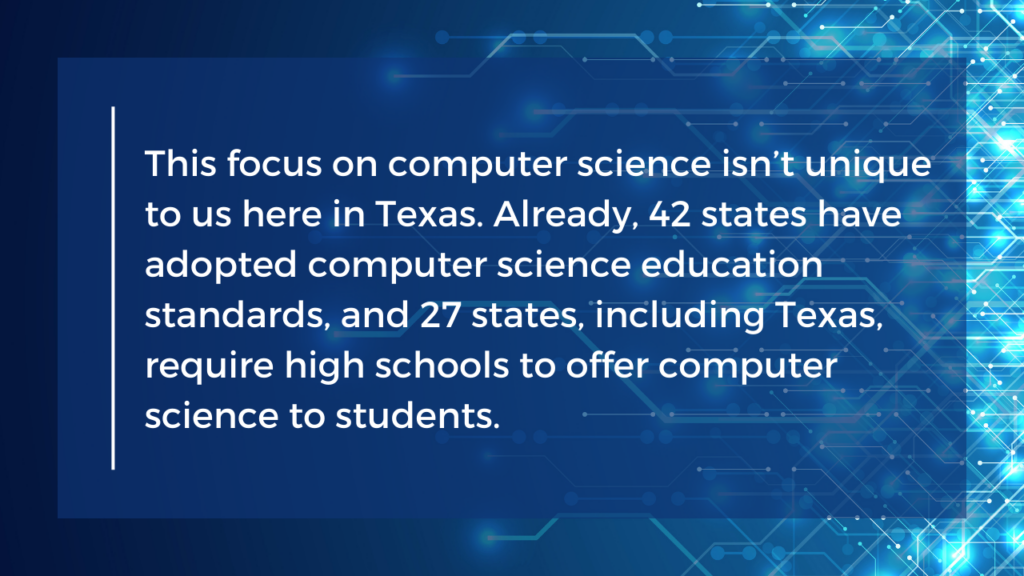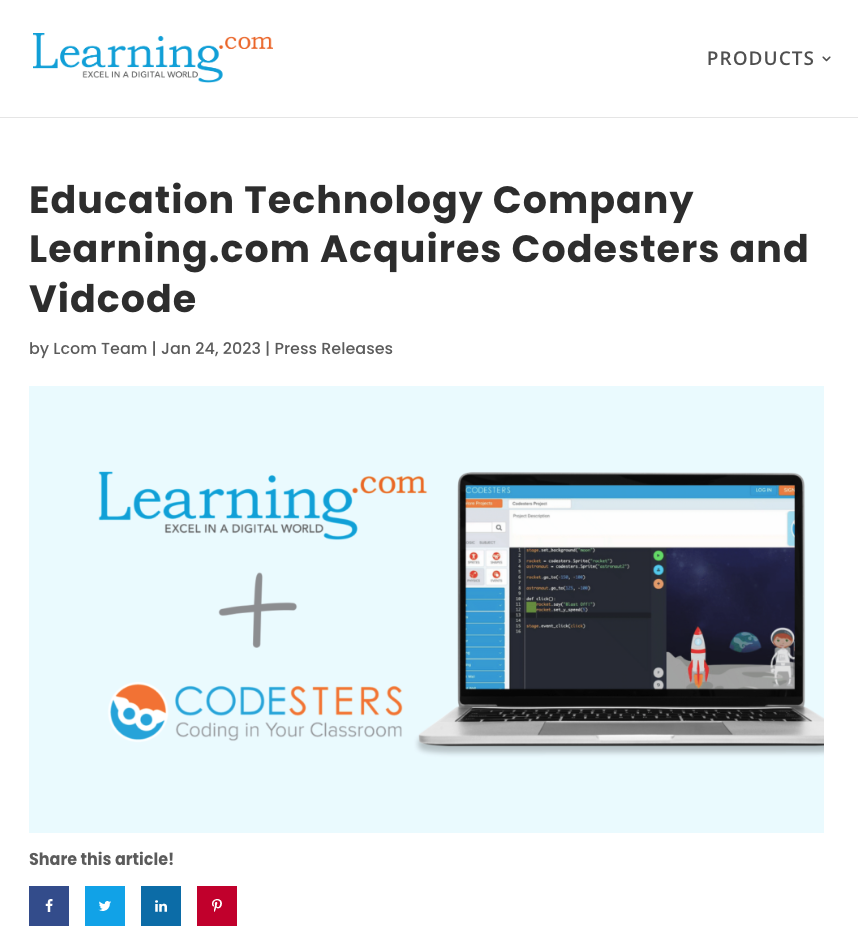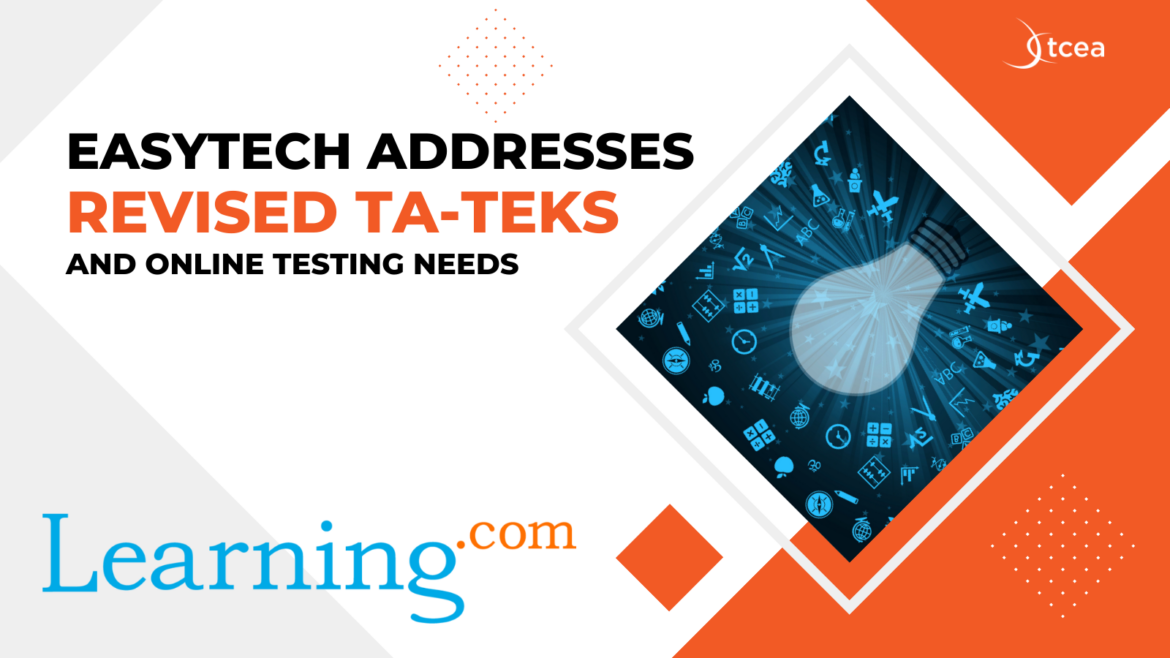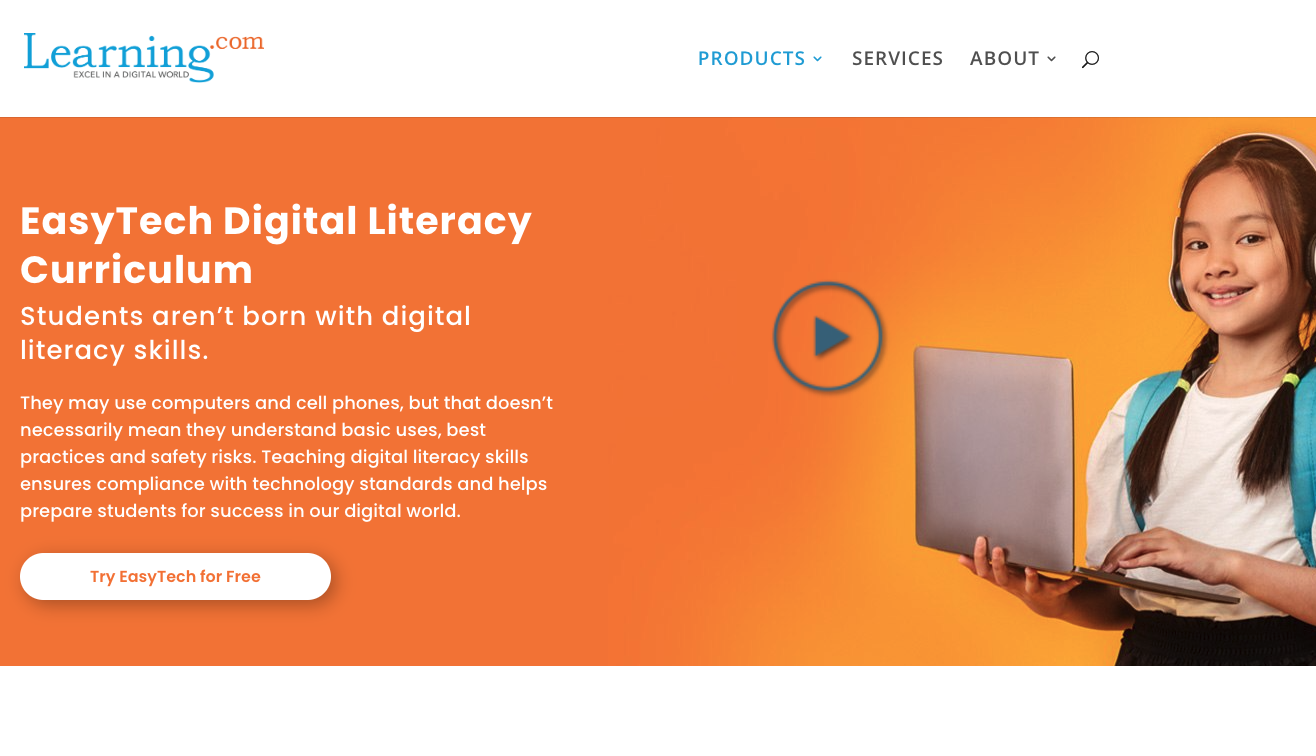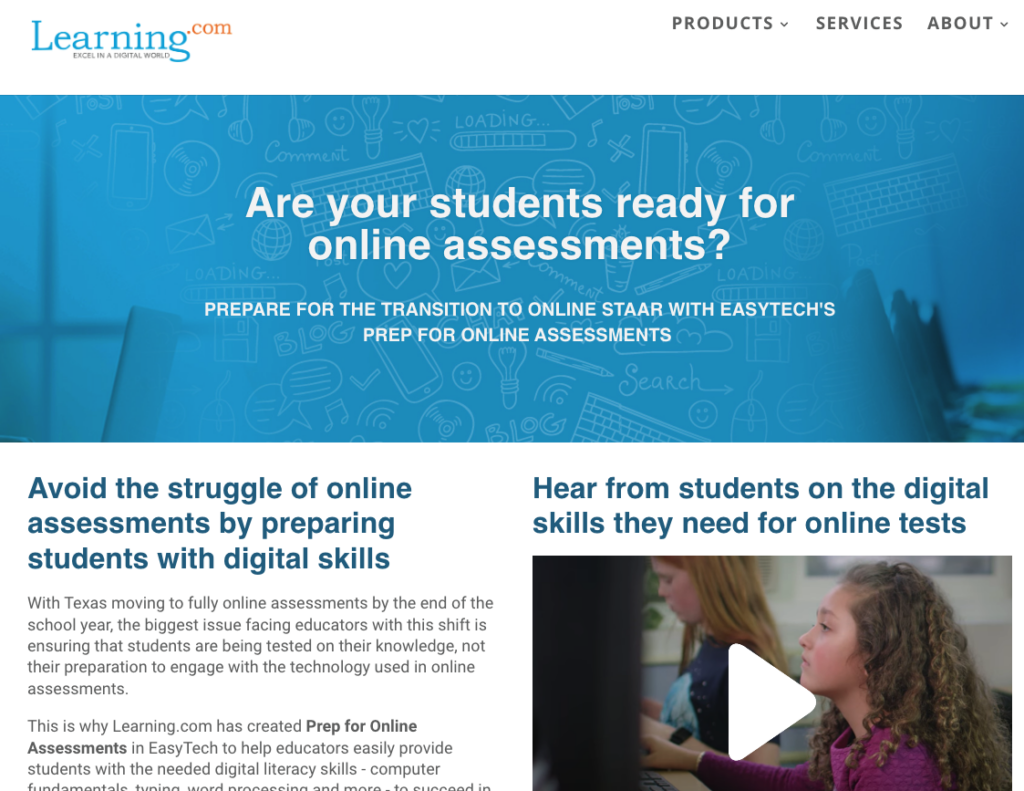The Children’s Internet Protection Act (CIPA), enacted by Congress in 2000, addresses
concerns about children’s access to harmful online content. It specifically applies to schools and
libraries that receive discounts for Internet access through the E-rate program, which provides discounts to schools and libraries across the United States to help them
with affordable Internet access).
CIPA Compliance Requirements
To maintain CIPA compliance, schools and libraries must focus on several key standards, including:
Internet Safety Policy: Schools and libraries must have an Internet safety policy that includes technology protection measures. These measures block or filter access to obscene, child pornography, or harmful content for minors.
Monitoring Online Activities: Schools must monitor minors’ online activities.
Educating Minors: Schools must educate students about appropriate online behavior, including social networking and cyberbullying awareness.
Who is best equipped to help schools meet CIPA Compliance?
We know that Librarians wear many hats throughout the craziness of a school year, but in many ways, they are a great fit for helping schools meet CIPA requirements and bring digital citizenship education to students. The AASL standards include digital citizenship as an important component, so if you can work to align district or school E-Rate goals with your standards and curriculum, students and educators will both benefit from the time saved and added organization.
Plus, Librarians are information and media literacy experts! They have the knowledge and skills to evaluate the credibility and reliability of resources, navigate digital information landscapes and critically analyze media messages. This expertise allows them to guide students in developing the necessary skills to be discerning and responsible consumers of digital content.
Tips for Success:
Planning
The most effective planning tactic you can use is communication. Always ensure everyone in the school or district is aware of the plan to avoid confusion. Some districts file E-Rate through E-Rate coordinators or Technology Directors, so my suggestion for librarians or library teams is to select curriculum for each grade level, ensuring that it meets the CIPA for E-Rate requirements and coordinate the plan with the person responsible for filing for E-Rate funds.
Implementation
Make sure that you, or the educators that will be leading the curriculum, have familiarized yourself with the lesson plans and student expectations. Print out any posters or resources you plan on using in the classroom.
Documentation
This is one of the most important steps in CIPA Compliance for E-Rate. It’s vital that you stay organized and document your process in case of an audit.
For a comprehensive list of all documentation required for E-rate, the USAC website offers an Auditor’s Checklist.
How Learning.com Helps Schools Meet CIPA Compliance Regulations
1. Comprehensive Curriculum
Learning.com offers a K-12 digital literacy curriculum that aligns with CIPA requirements. Educators can seamlessly integrate lessons on internet safety, responsible online behavior, and cybersecurity.
2. Engaging Content
Our interactive modules keep students engaged while building essential digital skills. From multimedia presentations to understanding cybersecurity, Learning.com provides dynamic learning experiences.
3. Professional Development
We support educators too! Learning.com offers professional development resources to keep teachers informed about the latest trends in digital literacy. From on-demand training to webinars and blogs, our Online Training Center has a ton of resources for educators.
Unlock State Funding with Ease
By using Learning.com to ensure the educating minors aspect of CIPA compliance, schools can more confidently access state funding. Our user-friendly platform simplifies the process, empowering educators to create a safe digital environment for students.
Remember, CIPA compliance isn’t just a requirement—it’s a way for schools and libraries to demonstrate their commitment to creating a safer online environment for students and library users!

